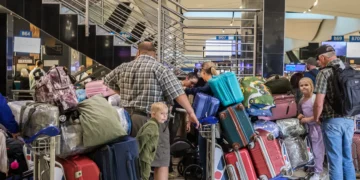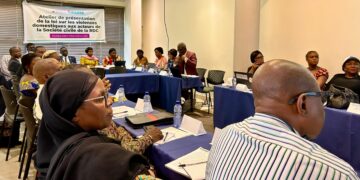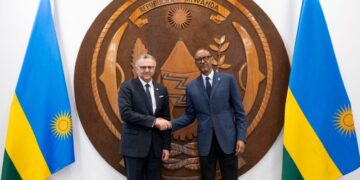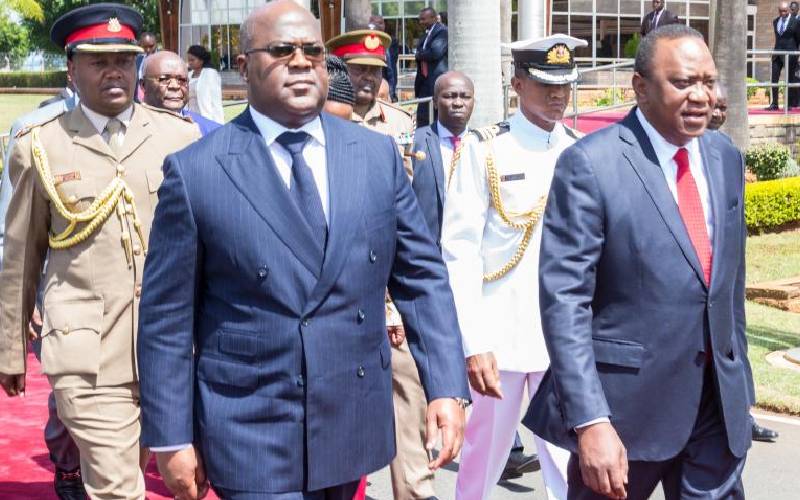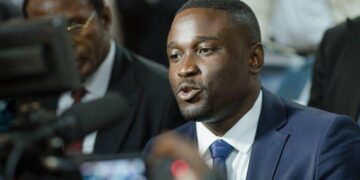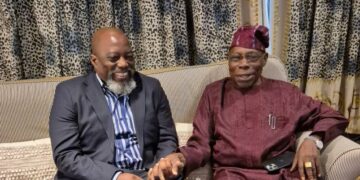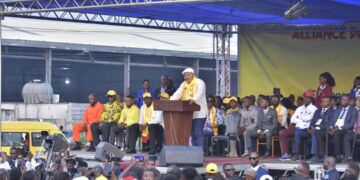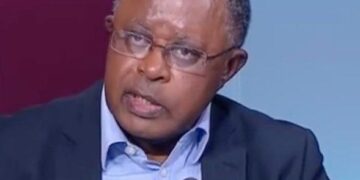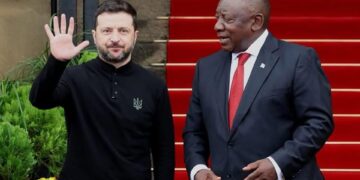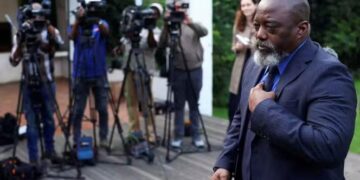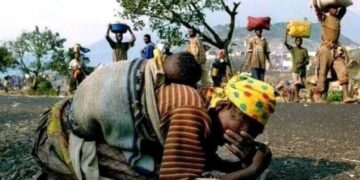In a strongly worded message posted on his social media, the Member of Parliament laments the noticeable absence of Congolese stakeholders from a process that directly concerns them. “Congolese, both leaders and citizens, we should be ashamed today,” he wrote — a sharp rebuke that reflects growing frustration over the external management of Congolese affairs.
A meeting without the main stakeholders
In Lomé, African leaders, international partners, and regional organizations have gathered to explore solutions to the enduring conflict in eastern DRC. But according to Claude Lubaya, while the initiative may be well-intentioned, it underscores a troubling paradox: solutions to Congolese problems are increasingly being discussed outside the country — and without Congolese voices at the table.
“Should it really be that for our own problems, brothers and sisters from across Africa must gather somewhere in Lomé to think on our behalf?” he asked. To Lubaya, this lack of direct involvement is a sign of “our level of unconsciousness and irresponsibility,” both from the nation’s leadership and from a disengaged population.
A historic parallel, heavy with meaning
Lubaya draws a striking parallel between today’s meeting in Lomé and the infamous 1885 Berlin Conference, where colonial powers divided African territories with no input from the African people.
“At Lomé, just as in Berlin, foreigners look down on us as they trace out our destiny on our behalf — 65 years after independence,” he said.
Invoking Lumumba’s vision
The politician ends his message by quoting Congo’s independence hero, Patrice Lumumba: “The history of Congo will be written by its own children.” A promise of self-determination, which Lubaya believes has not been fulfilled. “It won’t be written in Washington, Brussels or Paris. And yet, that is exactly what’s happening today, before our very eyes.”
A call for collective responsibility
More than a critique, Lubaya’s message is a call for national awakening. He urges both leaders and ordinary citizens to reclaim ownership over national issues, to engage in meaningful dialogue, and to reject the idea that the country’s future can or should be decided in foreign capitals.
As Congo marks more than six decades of independence, this reminder of national shame highlights a painful truth: without active and responsible participation from Congolese themselves, even the most well-meaning external efforts risk perpetuating dependence and marginalization.
Profile – Who is Claude Lubaya?
Claude Nyamugabo Lubaya is a well-known political figure in the Democratic Republic of Congo. The son of André Guillaume Lubaya — a former minister and outspoken opponent of the Mobutu regime who was assassinated in 1968 — Claude Lubaya has served as governor of Kasaï Occidental, as a national MP, and as a vocal reform advocate. Known for his principled stances, he frequently speaks out on matters of sovereignty, institutional integrity, and democratic accountability. Lubaya is widely respected for his consistent call for a moral and political overhaul of the Congolese state.
Background – Ongoing crisis in Eastern DRC
For more than two decades, eastern DRC has been the epicenter of repeated violence involving both local and foreign armed groups. The North Kivu region, in particular, is facing a renewed crisis with the resurgence of the M23 rebel group — which Kinshasa accuses Rwanda of supporting, a claim Kigali denies. The conflict has displaced millions and severely undermined regional stability. Despite various peace initiatives, a lasting solution remains elusive, leaving civilian populations to bear the brunt of a conflict that seems to have no end in sight.


